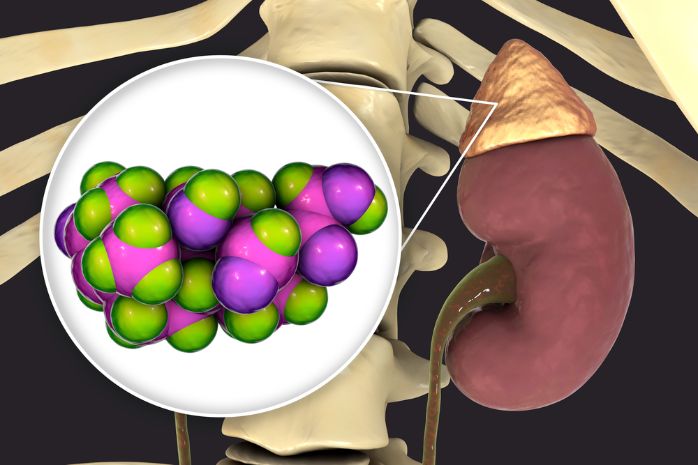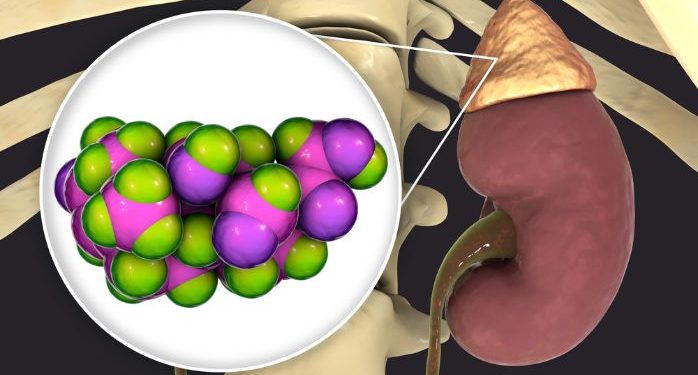Aldosteronism is a medical condition that causes an imbalance in the amounts of sodium, potassium, and fluid in the body. This imbalance can lead to high blood pressure and other problems. In most cases, it is caused by an adrenal gland tumor, but it can also be the result of an underlying disease or dietary imbalance. Symptoms vary from mild to serious, and your healthcare provider can help you determine if you have hyperaldosteronism. Fortunately, it is treatable and can be managed with the right medication and lifestyle changes.
Hyperaldosteronism is a serious condition that affects the kidneys and the adrenal glands. The problem occurs when the glands produce too much aldosterone, a hormone that plays a role in controlling sodium and potassium levels in the body. This can cause increased blood pressure and may lead to heart and stroke risks. The main treatment for hyperaldosteronism is reducing the amount of aldosterone produced. The best way to do this is by using medications that block the activity of aldosterone. However, these drugs can have side effects, so you should talk to your healthcare provider before you take them.
When you visit your doctor, he or she will ask you about your history, including whether you have a family history of any of these disorders. If you have high blood pressure, your doctor will probably perform a test to see if you have hyperaldosteronism. A blood test will measure your renin levels, a protein that helps control your blood pressure. If you have a history of heart, liver, or kidney disease, you might be at a higher risk for hyperaldosteronism.

Other tests include an abdominal computerized tomography scan, which can detect any abnormalities in the adrenal glands. In addition, a radiologist will do a blood sample to measure the levels of aldosterone in your body. If you have a personal history of stroke, you might also have a higher risk of developing aldosteronism. A radiologist will also test for the presence of a tumor in the adrenals.
Some people with hyperaldosteronism experience symptoms such as high blood pressure, atrial fibrillation, and muscle weakness. They may also have low potassium and magnesium levels in the blood. This can cause muscle spasms and temporary paralysis, as well as cardiac arrhythmia, which can lead to irregular heart rhythms and stroke.
Primary aldosteronism is a type of hyperaldosteronism that results from excessive production of aldosterone by the adrenal glands. The main symptom is high blood pressure. This condition is often accompanied by abdominal pain and nausea. In severe cases, people with primary aldosteronism have periods of temporary paralysis.
If you have high blood pressure and you are worried about aldosteronism, your healthcare provider can refer you to an endocrinologist. The doctor will take a look at your medical history and suggest a test to get a more complete diagnosis. If the tests indicate that you have hyperaldosteronism, you might need to stop taking your medications and take special measures to regulate your aldosterone levels.










